As a Developmental Services Worker (DSW), you will assist people with disabilities to live as valued, contributing members of the community. By providing support and advocacy, you will work towards full inclusion for the betterment of the entire community. The program curriculum promotes individualized and inclusive approaches, reflective of innovative practices in the field.
Find your career
Developmental services workers support people of all ages with disabilities, enhancing their presence and participation in community life. Loyalist grads find rewarding positions:
- Providing in-home support to help people maintain independence.
- In community agencies as residential counsellors and vocational coaches, helping people find meaningful activities.
- In schools as educational assistants and with not-for-profit organizations.
- As activation directors in residential programs and long-term care facilities.
- Providing respite support for families.
- Average salaries range from $45,000 to $65,000. Learn more about DSW labour market information.
Our grads get great jobs
- Educational Assistant, Algonquin and Lakeshore Catholic District School Board
- Community Support Worker, Community Living
- Residential Counsellor, Pathways to Independence
- Integration Facilitator, Loyalist College
- Family support/relief
Is it for you?
People who do well in this program come from all ages and many different backgrounds. What they have in common are:
- A desire to work with people in a caring and compassionate profession.
- An interest in social justice.
- In many cases, a personal connection to someone with a disability – often a friend, family member, colleague or classmate.
- An open mind about what people can contribute and achieve.
What employers say
"As a leader in the sector, Kerry’s Place is committed to enhancing the quality of life for persons with Autism Spectrum Disorder. The graduates from the Loyalist DSW program make a wonderful addition to our team as they have the skillset to help us deliver high quality, evidence-based, innovative and person-directed supports."
Stafford Murphy
Regional Executive Director, Kerry’s Place Autism Services
“Community Living has hired many Loyalist DSW graduates and values their work ethic, professionalism and progressive thinking. Graduates meet our standards of practice with emphasis placed on person-directed thinking and promoting and facilitating community inclusion, meaningful participation and full citizenship.”
John Klassen
Executive Director, Community Living Belleville and Area
"BDACI is committed to helping the people we support have the good things in life and believe that all citizens should have full participation in their communities. Graduates from the Loyalist DSW program have the right mix of values, practical training, and knowledge, making them excellent candidates for various family support positions within our organization. Graduates from such a highly-valued program enhance and strengthen the work our organization does for the people we support."
Kim Kelsey
Family Support Coordinator, Brockville and District Association for Community Involvement
Experiential learning
Learn to effectively support people with developmental disabilities, physical disabilities, autism, and people with a dual diagnosis:
- Develop hands-on skills that will help people grow, develop relationships, and actively participate in their community.
- Identify and connect people to community opportunities and resources.
- Collaborate with people with disabilities to overcome barriers and promote full inclusion.
Apply theory in a real-world setting with three faculty-supervised field placements:
- Begin with 10 weeks in the second semester and increase to twelve weeks in both the third and fourth semester.
- Work on-the-job two to three days per week and bring those experiences back to the classroom to enhance your learning.
- Students have completed placements in residential programs such as Community Living and Pathways to Independence; public and private schools; adult education programs; and organizations in their home communities.
Outstanding faculty make the difference
- Teachers are passionate about their work and personally invested in student success.
- Professors have extensive experience in residential services and family support, building on educational backgrounds in disability studies, psychology, education, and other areas.
- Faculty maintain strong connections to the industry through advocacy organizations, non-profit leadership, and consulting in the field.
Courses listed below reflect the DSWP program of study. For DSW Distance or Apprenticeship course details, visit loyalistfocus.com.
- Semester One
- COMM1048 College Writing Skills
-
This course focuses on writing and research skills required for successful completion of college-level studies. The course will promote development and improvement of research and writing skills that can be applied to students’ chosen programs of study.
- DSWP1025 Nature of Disabilities 1
-
In relation to typical human development, this introductory course examines the causes, prevention, prevalence, and identification of intellectual, neurological and behavioural disabilities including relevant resources and supports.
- DSWP1019 Philosophy of Support
-
A deep understanding of fundamental concepts that affect and inform DSW support approaches is key to the development of any effective support relationship. Such concepts include core competencies, power dynamics, empathy, self-determination, and person centredness.
- PROF1032 Professional Practice
-
Students will develop oral, written, and professional skills that will prepare them for DSW field placement and future employment. Students will explore various roles available to DSWs and how to apply DSW curriculum in various settings. By the end of this course, students will have demonstrated a functional knowledge of placement expectations, evaluation, and policies/procedures.
- DSWP1014 The Evolution of Developmental Services
-
This course examines the evolution of human services over the past three centuries. Students explore how perceptions of disability have changed with time and the factors that have influenced the development of formalized services for people with intellectual disabilities. An understanding of devaluation is used to interpret key historical events and to analyze the impact of past, current and emerging service models.
Co-requisite: DSWP 1018
- DSWP1018 Valued Social Roles
-
This course explores the study of devaluation on a societal and individual level. Students are introduced to the theory of Social Role Valorization as a positive conceptual base for addressing devaluation and increasing access to the good things of life for devalued people.
- GNED1100 Becoming a Global Changemaker
-
This Loyalist College graduate attributes course will help shape your perspectives, broaden your understanding of important issues affecting our societies today, and equip you with invaluable knowledge and skills that will inform your ability to influence your community in a meaningful and impactful way. By exploring topics such as cultural competency, Indigenous education, entrepreneurship, sustainability, health and wellness, and ecological literacy, you'll be equipped with a powerful toolkit that extends far beyond the classroom.
- Semester Two
- DSWP1021 DSW Standards of Practice
-
Students explore and analyze legislation and support/service options relevant to people with disabilities and the developmental services sector. Knowledge of relevant legislation and regulations will be used to lessen the vulnerability to abuse, neglect and other forms of mistreatment experienced by people with an intellectual disability. The roles and responsibilities in recognizing, documenting and reporting instances of suspected or actual abuse and neglect are covered.
Prerequisite: DSWP 1014
- WKPL1026 Field Placement 1
-
Supervised field placements provide opportunities for the integration of DSW theory and practice. While supporting people with disabilities, students develop and demonstrate skills in a variety of community settings. This placement is two days per week for 10 weeks.
Prerequisite: COMM 1048, DSWP 1014, DSWP 1018, DSWP 1019, DSWP 1025, PROF 1032
- DSWP1026 Nature of Disabilities 2
-
Building on Nature of Disabilities 1, this course examines how differences in the structure and function of the human body contribute to physical and sensory disabilities as well as various health issues. Dual diagnosis and mental health disorders are also discussed within the scope of DSW practice.
Prerequisite: DSWP 1025
- DSWP1022 Person Centred Planning
-
The course provides an introduction to person-centred planning concepts. Various planning processes are reviewed, with an emphasis on strategies that promote the social inclusion of people with intellectual disabilities.
Prerequisite: DSWP 1018, DSWP 1019
Co-requisite: DSWP 1023
- DSWP1020 Positive Behaviour Supports
-
This course introduces the theoretical concepts and principles underlying positive behaviour supports and the role the environment plays in determining our behaviour. Moral, ethical and contemporary values in supporting people with intellectual disabilities are emphasized. Application of these principles to all aspects of daily living is discussed with a focus on the development of adaptive behaviour, skills and effective support plans that facilitate inclusion and participation in community life.
Prerequisite: DSWP 1019
- DSWP1023 Teaching Strategies
-
This course explores formal and informal person-centred teaching strategies to support the learning of people with intellectual disabilities, including the use of technology and other assistive devices.
Co-requisite: DSWP 1022
- GNED General Education Elective
- General Education Courses
- Semester Three
- DSWP2016 Disability & Ethical Issues
-
This course explores critical thinking strategies and ethical decision-making models that aid in the analysis of issues that affect the lives of people with intellectual disabilities. Students examine how their beliefs and value systems influence their conduct and practice as a DSW.
Prerequisite: DSWP 1021
- WKPL2047 Field Placement 2
-
Supervised field placements provide opportunities for the integration of DSW theory and practice. While supporting people with disabilities, students develop and demonstrate skills in a variety of community settings. This placement is two days per week for 12 weeks and builds on previous placement outcomes.
Prerequisite: DSWP 1020, DSWP 1021, DSWP 1022, DSWP 1023, DSWP 1026, WKPL 1026
- DSWP2020 Inclusive Practice
-
Inclusive support strategies are examined that enable people with intellectual disabilities to be fully included in community life, with a focus on inclusive education, integrated recreation and customized employment.
- DSWP2015 Medication Administration
-
Within the scope of DSW practice, this course examines pharmacology as a means of supporting health through the safe use and administration of medication. Emphasis is placed on teaching, supporting, and providing care that contributes to the drug effectiveness and health of people with intellectual disabilities.
Prerequisite: DSWP 1026
Co-requisite: DSWP 2014
- DSWP2014 Promoting Health & Wellbeing
-
Through a combination of theory and lab practice, this course teaches the promotion of health and wellbeing for people with intellectual disabilities through daily living and health care assistance, fitness, nutrition, human sexuality, and self-care practices.
Co-requisite: DSWP 2015
- GNED General Education Elective
- General Education Courses
- Semester Four
- WKPL2018 Field Placement 3
-
Supervised field placements provide opportunities for the integration of DSW theory and practice. While supporting people with disabilities, students develop and demonstrate skills in a variety of community settings. This placement is three days per week for 12 weeks and builds on previous placement outcomes.
Prerequisite: DSWP 2014, DSWP 2015, DSWP 2016, DSWP 2017, WKPL 2047
- DSWP2019 Leadership & Change
-
To promote the social inclusion of people with intellectual disabilities, DSWs require knowledge of community building and change dynamics, and the advocacy and leadership skills to bring about desired change. This course develops competencies required for leadership roles within nonprofit and other community organizations.
Prerequisite: DSWP 2016
- DSWP2018 Supporting Families
-
This course examines elements of providing direct support to people with intellectual disabilities within a family context. Students learn some of the typical experiences of families who have a son/daughter with a disability, the common dilemmas inherent in family support and effective support strategies.
*Courses subject to change.
Turn your diploma into a degree
Many universities across Canada and abroad will provide credit recognition for your diploma studies at Loyalist. The following is a list of agreements that are currently in place. There are many more options, and new agreements are added annually. Contact your university of choice to make individual arrangements. Click here for more information about university transfer agreements.
- Algoma University — B.A.; B.B.A.; B.Sc.; Bach. Computer Science
- Athabasca University – Bachelor of Professional Arts in Human Studies
- Brock University — various*
- Carleton University – B.A.
- Davenport University – B.A. Health Services Administration
- Griffith University – Bachelor of Human Services
- Lakehead University — B.S.W. (Honours)
- Laurentian University — various*
- Laurier Brantford – any honours program
- Nipissing University — B.A.
- Ryerson University – B.A.Disability Studies
- Seneca College — Bach. Interdisciplinary Studies
- University of Guelph – B.A.Sc. (Honours) Family and Community Social Services
- Ontario Tech University —B.A. (Honours) Legal Studies; B.A. Adult Education and Digital Technology
- University of Waterloo — various*
- Wilfrid Laurier University — various*
- University of Windsor — B.A. (General or Honours); B.A. (Honours) Disability Studies or Developmental Psychology or Psychology; Bachelor of Social Work
- York University — various*
*Various potential degree pathways. Please confirm details with the receiving institution.
How much will it cost?
Approximate costs (2024 – 25)
- Domestic Tuition: $2,722.08
- Full-Time Ancillary Fees:* $1,367
- Total: $4,089.08
- Additional Program Costs: $384 (year one) and $140 (year two)
Additional costs, such as supplies, travel and parking, may be incurred during workplace visits, etc.
*Fees related to programs that are less than or greater than two semesters will be adjusted accordingly. Fees are subject to change. Please visit the Tuition and Fees web page for a list of the many services, activities and items included within the ancillary fees, and the related policies.
Bursaries and financial assistance
Loyalist College has a number of scholarships, bursaries and academic awards available to students. Our Financial Aid Office can help you explore your options, or assist you with a student loan.
Admission requirements
Required academic preparation
- OSSD/OSSGD or equivalent with courses at the general, advanced, (C), (U) or (M) level, AND
- Grade 12 English (C) level or equivalent
OR
Additional requirements
- Standard First Aid and Level “C” CPR certification.
- If you have been convicted of an offence under the Criminal Code for which you have not been pardoned, you may be ineligible for field placement; please contact the program coordinator to discuss your options.
- All DSW field placements extend throughout the semester, for six hours per day, two to three days per week. Students entering the program must be able to arrange their schedules to accommodate placement days. Up-to-date immunizations are required prior to placement.
Distance program (DSWD)
- There is no on-campus requirement.
- The location of field placements may be tailored to students’ individual circumstances.
- For more information about registration and course fees, please see loyalistfocus.com.
Apprenticeship certificate (DSWM)
- You can complete your studies while you continue to work as a registered apprentice with the Ministry of Training, Colleges and Universities. You and your employer must enter into a contract representing your employer’s willingness to support you through this certificate.
- There is no on-campus requirement to earn an apprenticeship certificate. For more information about registration and course fees, please see loyalistfocus.com.
- Information about qualification requirements leading to certification are available from the Ministry of Training, Colleges and Universities, 416-326-5800, or a regional office: Belleville 613-968-5558; Kingston 613-548-1151; Pickering 905-837-7721; or Peterborough 705-745-1918.
Prior learning assessment and recognition
Applicants with work experiences or other types of non-credentialed learning may be eligible for credits at Loyalist. Graded credits (as opposed to exemptions) are granted. Click here for more information about our assessment and credit challenge process.
International students
Click here for information about how to apply, international student fees and more.
Campus News
Start This January at Loyalist College
 Why wait until September when you can start the New Year training for a rewarding career?
Why wait until September when you can start the New Year training for a rewarding career?
January start programs at Loyalist College are an excellent opportunity to retrain, build on current creden... Read More
Start this January @LoyalistCollege

Why wait until September when you can start the New Year training for a rewarding career? January start programs at Loyalist College are an excellent opportunity to retrain, build on current credenti... Read More
Outstanding Loyalist Graduates Nominated for Premier
 In February, Loyalist graduates Lloyd Fleming, Chris Grayson, Lana Slezic, and Brian Stafford will be honoured in London, Ontario as Loyalist College nominees for the 2007 Premier's Awards. “Each of... Read More
In February, Loyalist graduates Lloyd Fleming, Chris Grayson, Lana Slezic, and Brian Stafford will be honoured in London, Ontario as Loyalist College nominees for the 2007 Premier's Awards. “Each of... Read More
In the News
 Belleville Intelligencer
Belleville Intelligencer
 Belleville Intelligencer
Belleville Intelligencer
 Belleville Intelligencer
Belleville Intelligencer
 The Globe and Mail
The Globe and Mail
 Belleville Intelligencer
Belleville Intelligencer





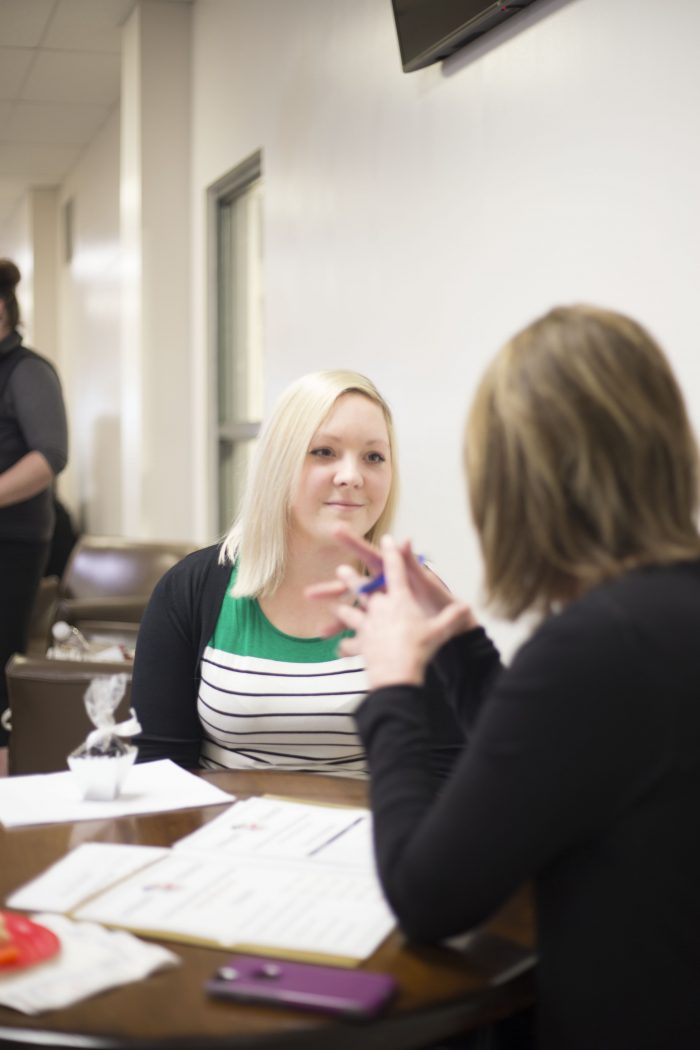
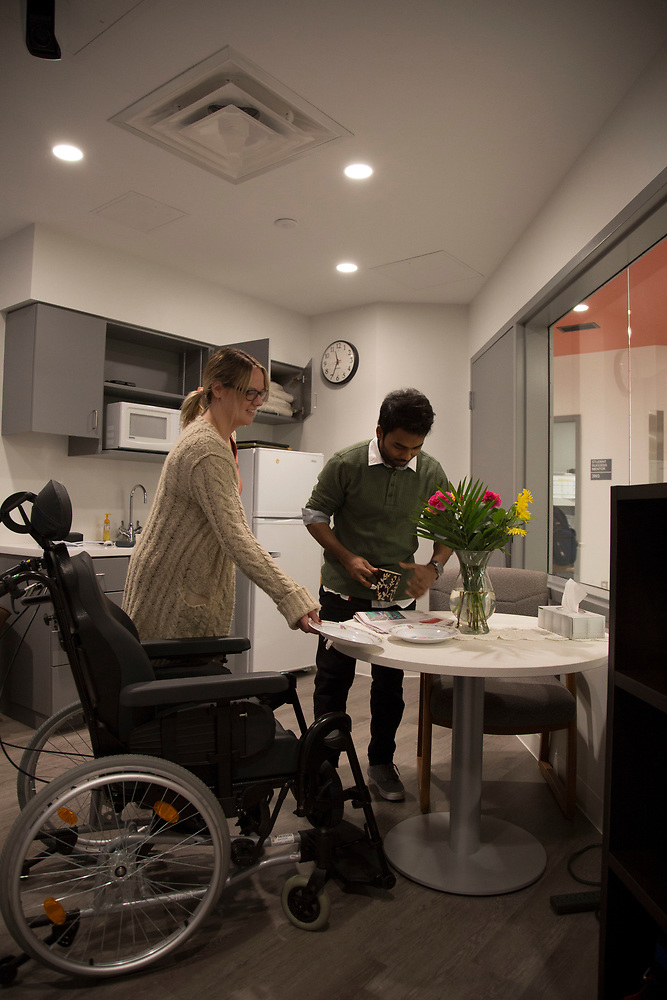
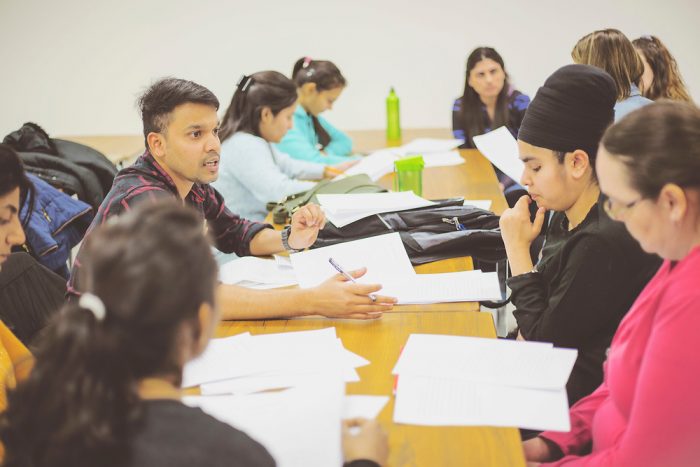
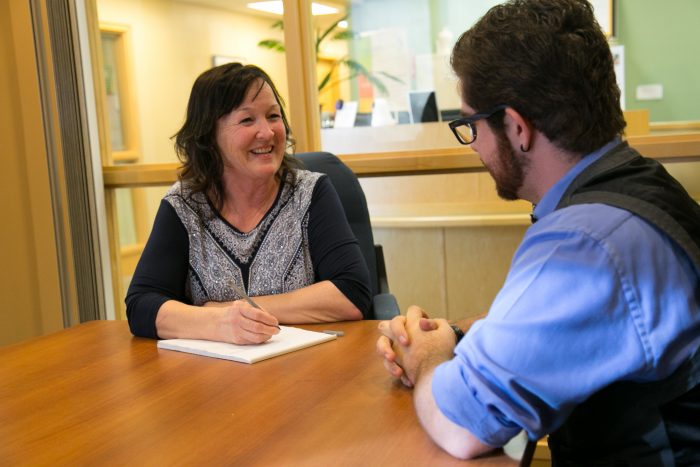
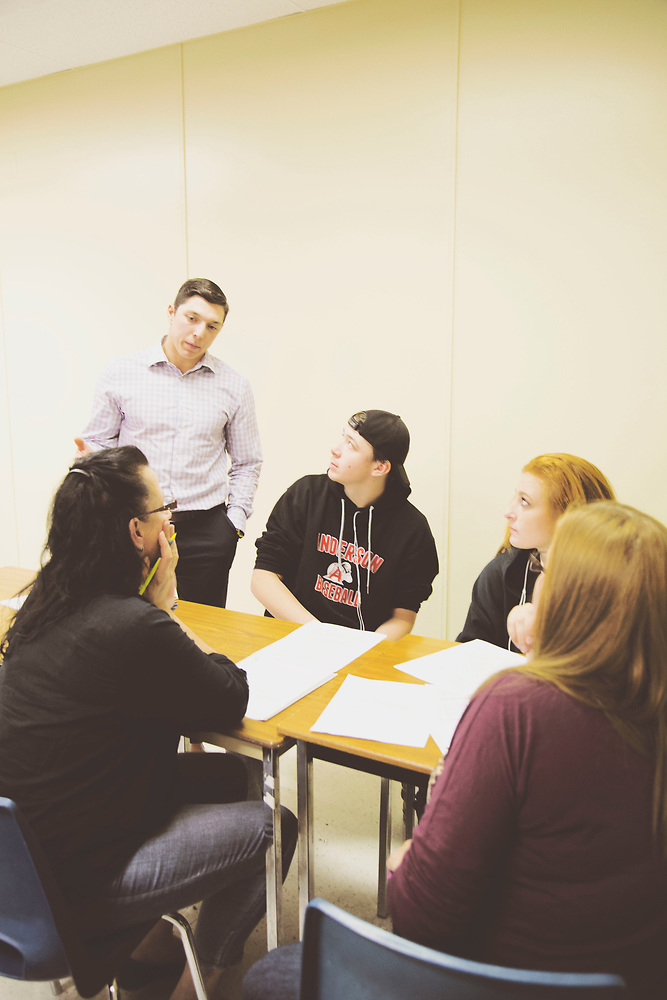
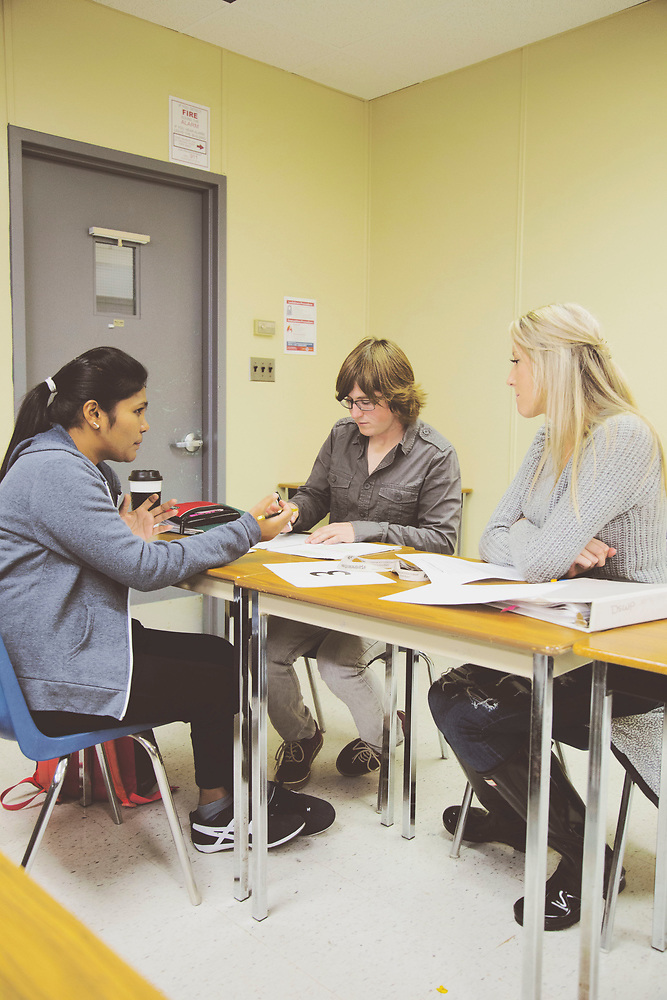
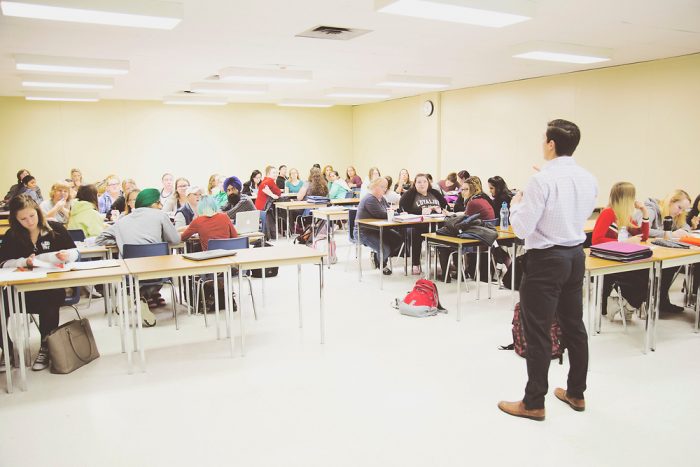
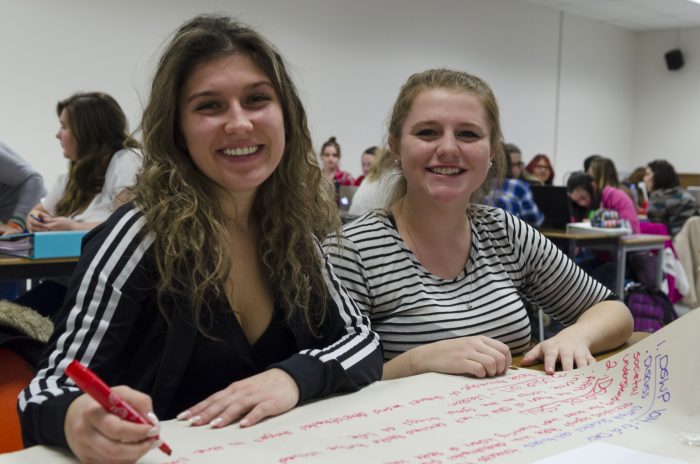
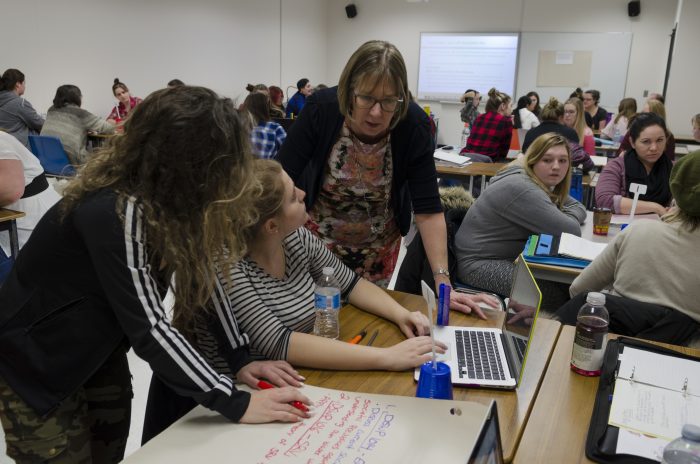
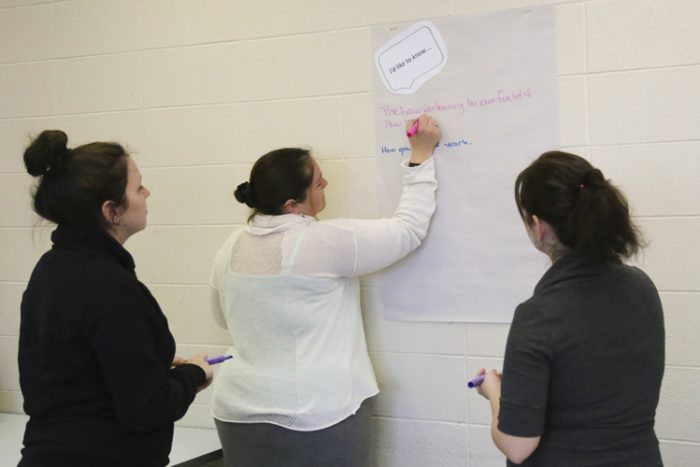
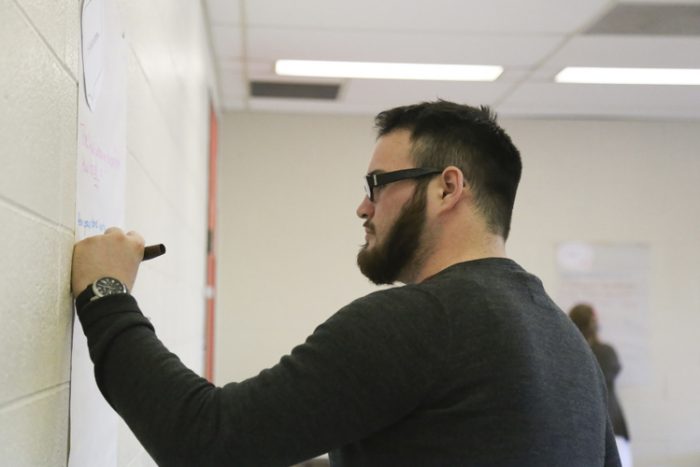

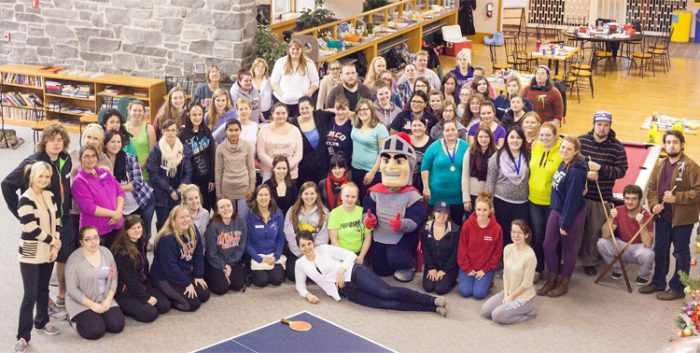
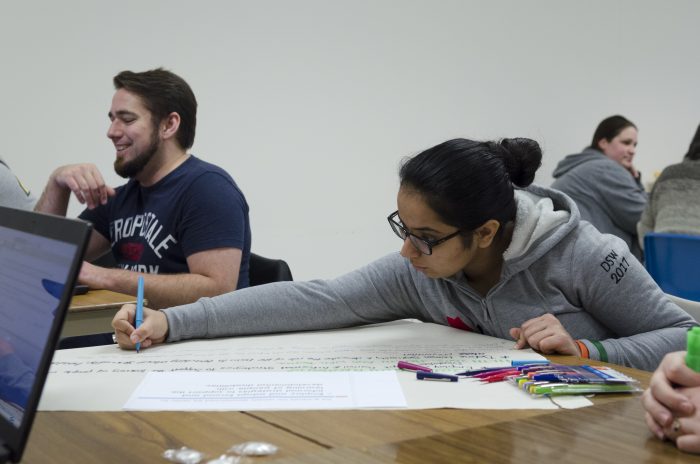
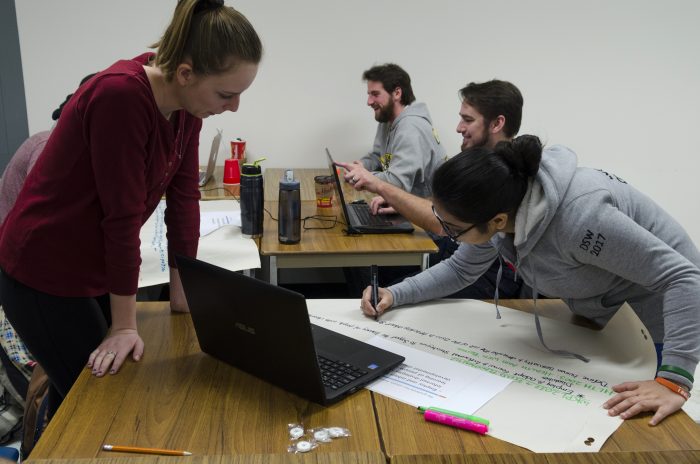
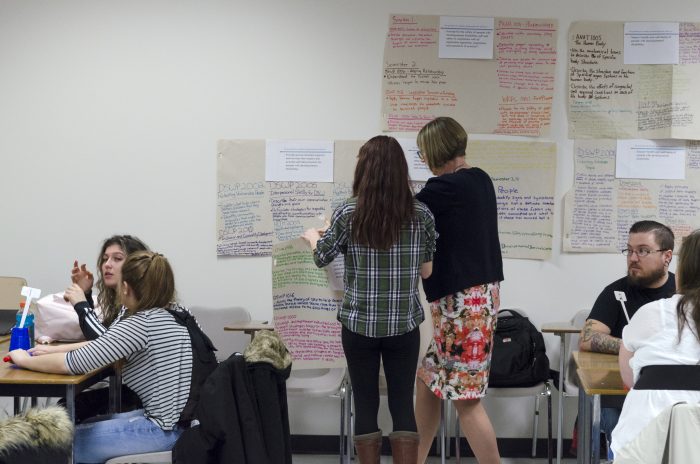





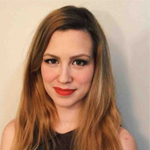

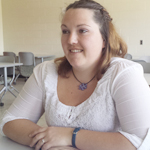
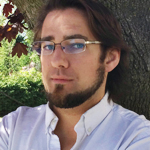


 Why wait until September when you can start the New Year training for a rewarding career?
Why wait until September when you can start the New Year training for a rewarding career? 